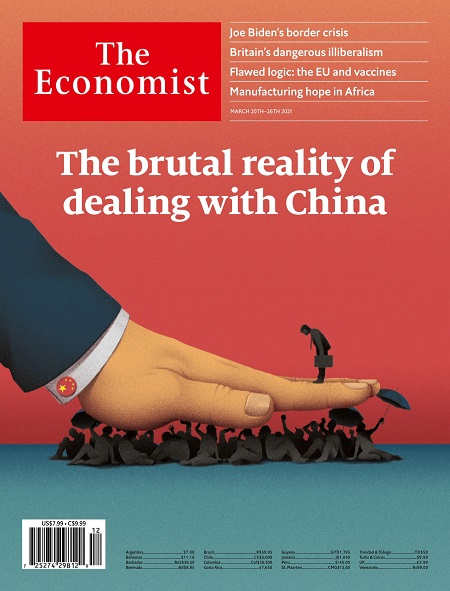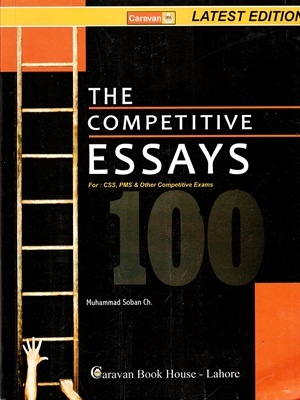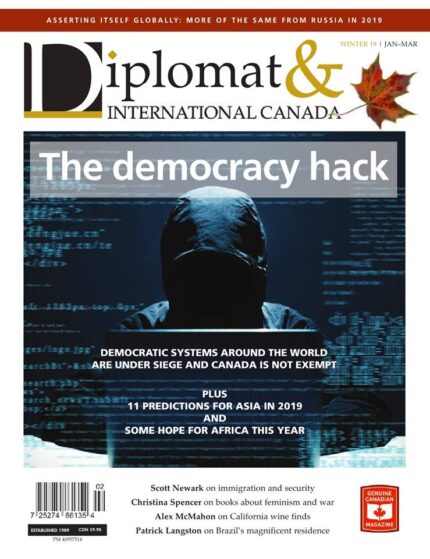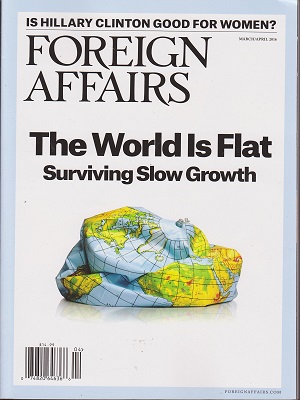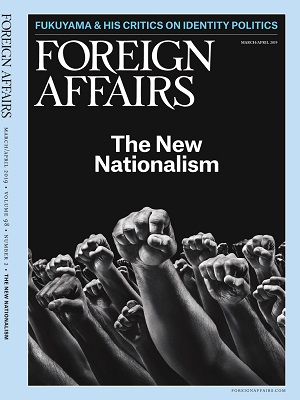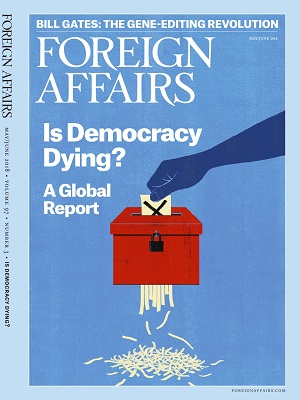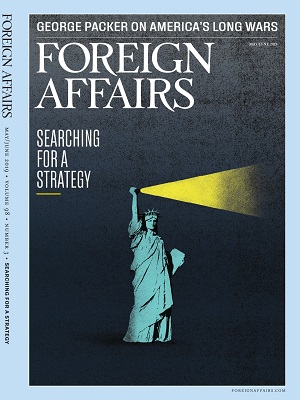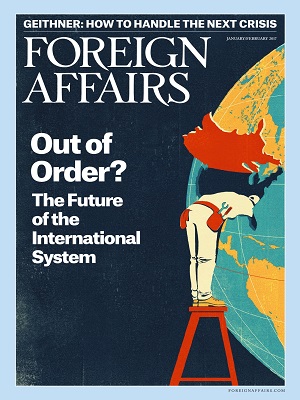The Economist Magazine 26th March 2021. The Economist was established in 1843 by James Wilson, a hatmaker from the small Scottish town of Hawick, to campaign against the protectionist Corn Laws. The tariffs were repealed in 1846 but the newspaper lived on as “a political, literary, and general newspaper”, never abandoning its belief in free trade, internationalism and minimum interference by government, especially in the affairs of the market. (It did, however, abandon the Oxford comma.) The Corn Laws, which by taxing and restricting imports of grain made bread expensive and starvation common, were bad for Britain. Free trade, in Wilson’s view, was good for everyone. Wilson believed “that reason is given to us to sit in judgment over the dictates of our feelings.” Reason convinced him in particular that Adam Smith was right, and that through its invisible hand the market benefited profit-seeking individuals and society alike. The Economist Magazine 26th March 2021
Last week China slapped down democracy in Hong Kong. The imposition of tight mainland control over the territory is not just a tragedy for the 7.5m people who live there, it is also a measure of China’s determination not to compromise over how it asserts its will. After the collapse of the Soviet Union in 1991, liberal values were ascendant around the world. The challenge from China will subject them to their greatest test since the early days of the cold war. What is more, as the economy of Hong Kong also shows, China is more tightly coupled with the West than communist Russia ever was. This presents the free world with an epoch defining question: how should it best secure prosperity lower the risk of war and protect freedom as China rises? Hong Kong defies those looking for a simple answer . China has cut the share of directly elected legislators from 50% to as low as 22% and will require that they are vetted for “patriotism”. It is the culmination of a campaign to squash liberty in the territory (see Briefing). The leaders of the protest movement are in exile, in prison or intimidated by a security law imposed on Hong Kong in 2020. Censorship is rising and Hong Kong’s judiciary and regulators will face pressure to show their fealty. On March 12th the g7 group of democracies condemned China’s autocratic clampdown, which is a breach of the country ’s treaty obligations. China’s diplomats replied with bombastic denials.






